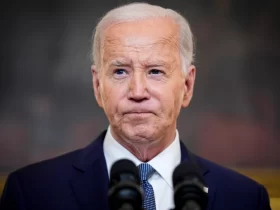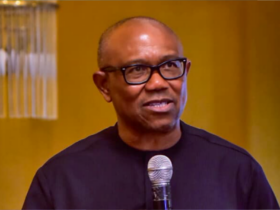Amid Tinubu’s economic reforms and hardship in Nigeria, the World Bank has emphasized that Nigeria needs to sustain its current economic reforms for the next decade to fifteen years to position itself as a leading economic force not just in sub-Saharan Africa but globally.
These reforms are seen as crucial for ensuring long-term growth and development, enabling Nigeria to effectively compete with other emerging economies worldwide.

Indermit Gill, Senior Vice President of the World Bank Group, provided this guidance during the ongoing 30th Nigerian Economic Summit in Abuja, organized by the Nigerian Economic Summit Group and the Ministry of Budget and National Planning.
The three-day summit is focused on the theme of “Collaborative Action for Growth, Competitiveness, and Stability.”
In his welcome address, Gill said the reforms implemented by the current administration must continue to reverse the loss of N10 trillion enjoyed by the elite through fuel subsidies and multiple foreign exchange rates.
He noted that while implementing these reforms will be challenging, it is essential to persevere.
READ MORE: Super Eagles Detained by Libyan Authorities at Al Abaq Airport
Gill stated, “Nigeria will need to stay the course of current economic reforms for at least the next 10 to 15 years to transform its economy.”
After being momentarily interrupted by a negative reaction from the audience, he continued, “I don’t know if you are agreeing or disagreeing with me. If these reforms are sustained, Nigeria will transform its economy and become an engine of growth in sub-Saharan Africa.”
“It is very difficult to implement such reforms, but the rewards will be massive if they are maintained,” he added.
Meanwhile, Nigeria is currently facing a high inflation rate of 32.15 percent, mainly due to the removal of the fuel subsidy, which has pushed up transportation and production costs.
Moreover, the unification of the foreign exchange market has caused significant currency fluctuations, driving up the prices of goods and services nationwide, further adding to the high cost of living.
Follow the Parallel Facts channel on WhatsApp: https://whatsapp.com/channel/0029VaCQSAoHgZWiDjR3Kn2E









Leave a Reply